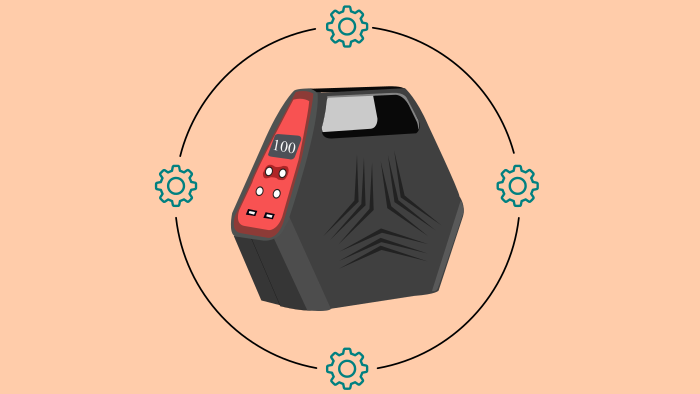Introduction
When the power goes out, your refrigerator can quickly become a liability. Without electricity, perishable items like food and medicine can spoil, leaving you with a big mess and a bigger headache. Fortunately, you can use a generator to power your refrigerator, but how long do you need to run it? In this article, we’ll explore everything you need to know about running a generator to keep your refrigerator cold.
Understanding Generators and Refrigerators
Before we dive into how long you need to run a generator, let’s first understand how generators and refrigerators work. A generator produces electricity, while a refrigerator uses electricity to keep its contents cold.
Calculating Wattage
To determine how long you can power your refrigerator with a generator, you first need to know how much electricity your refrigerator consumes. Refrigerators use different amounts of electricity depending on their size and age. Most modern refrigerators use around 1200 watts. However, to calculate the wattage of your refrigerator, you can check the label on the back or use an online wattage calculator.
Determining Fuel Consumption
Once you know how many watts your refrigerator uses, you can determine how much fuel your generator will consume. The amount of fuel a generator consumes depends on its size, efficiency, and the amount of load it’s carrying. A 5000-watt generator can run a refrigerator for around eight hours on a single tank of gas. However, if you’re using a smaller generator or have other appliances running, the fuel consumption will be higher.
Estimating Run Time
Based on the wattage of your refrigerator and the fuel consumption of your generator, you can estimate how long you need to run the generator to keep your refrigerator cold. For example, if your refrigerator uses 1200 watts, and your generator consumes 0.6 gallons of fuel per hour, you can expect the generator to run for around 13 hours on a full tank of gas. However, this estimation can vary based on the actual wattage of your refrigerator and the efficiency of your generator.
Tips for Running Your Generator
To get the most out of your generator, it’s essential to follow some simple tips. First, make sure to start your generator before plugging in your refrigerator. This will ensure that your generator is running smoothly and won’t overload when you connect your refrigerator. Second, use a heavy-duty extension cord to connect your refrigerator to the generator. This will ensure that there’s no power loss, and your refrigerator is running at full capacity. Finally, make sure to keep your generator outside and away from any windows or doors to prevent carbon monoxide poisoning.
Conclusion
Running a generator to keep your refrigerator cold is an effective way to prevent spoilage during a power outage. However, how long you need to run the generator depends on the wattage of your refrigerator, the size and efficiency of your generator, and the amount of fuel it consumes. By following the tips we’ve outlined in this article, you can ensure that your refrigerator stays cold and your food stays fresh.
FAQs
- How much fuel does a generator consume?
- The amount of fuel a generator consumes depends on its size, efficiency, and the amount of load it’s carrying.
- Can I plug my refrigerator into any generator?
- It’s essential to use a generator that’s powerful enough to run your refrigerator and to use a heavy-duty extension cord to prevent power loss.
- How do I know how many watts my refrigerator uses?
- You can check the label on the back of your refrigerator or use an online wattage calculator.
- Can I run other appliances while my generator is running my refrigerator?
- It’s possible, but you need to make sure that your generator is powerful enough to handle the load and that you’re not overloading it.
- Can I keep my generator inside my home?
- No, it’s not safe to keep your generator inside your home. Generators produce carbon monoxide, which can be deadly in enclosed spaces.


